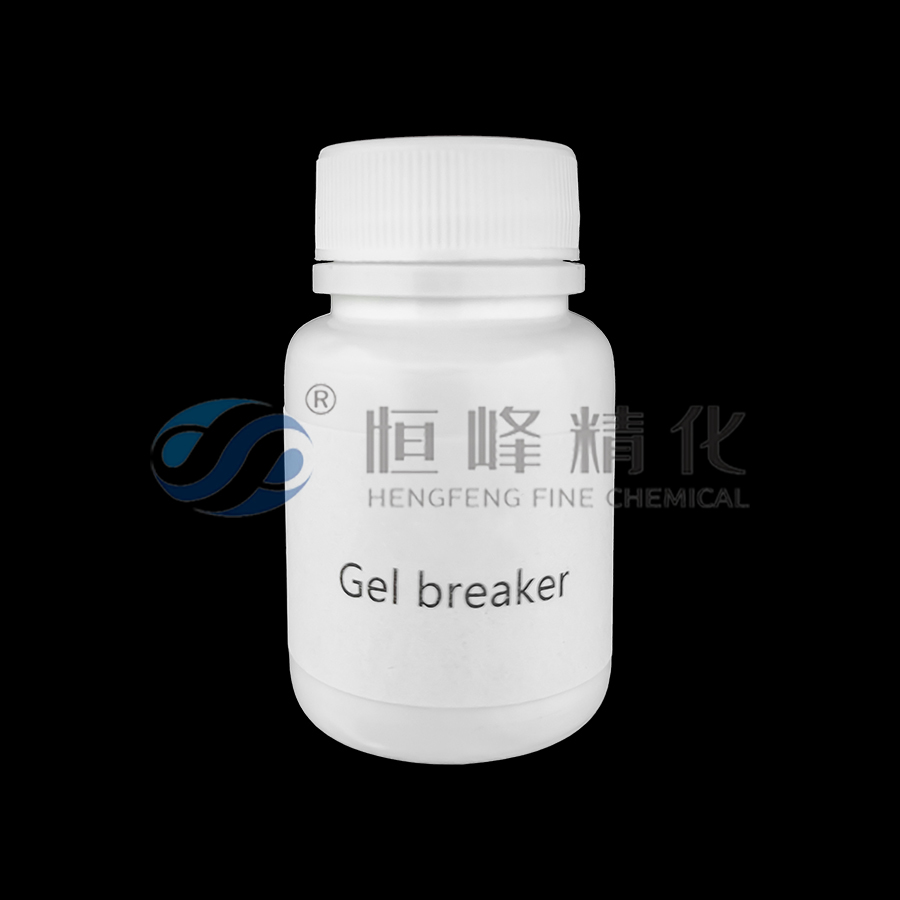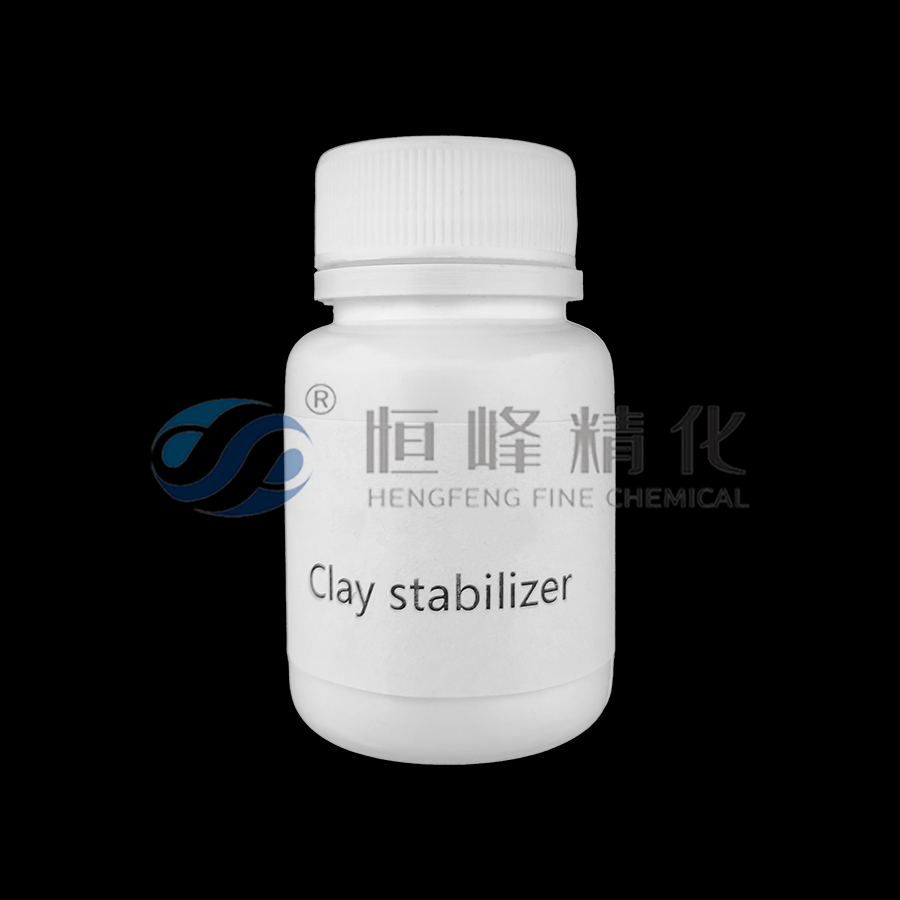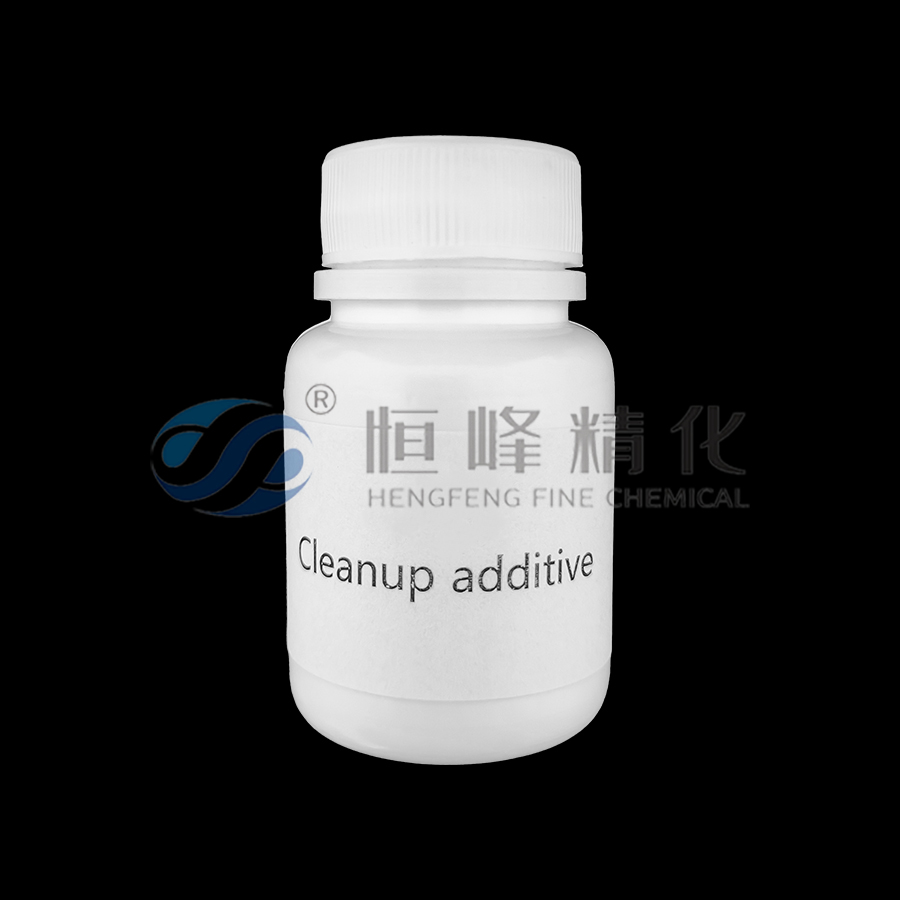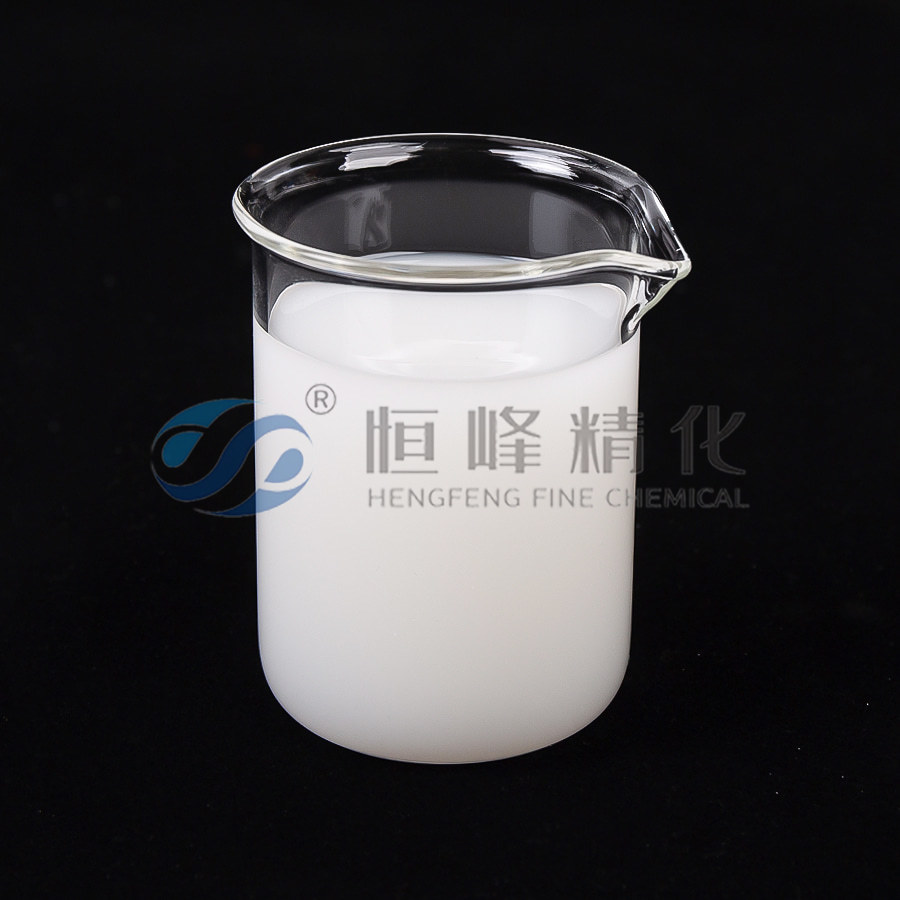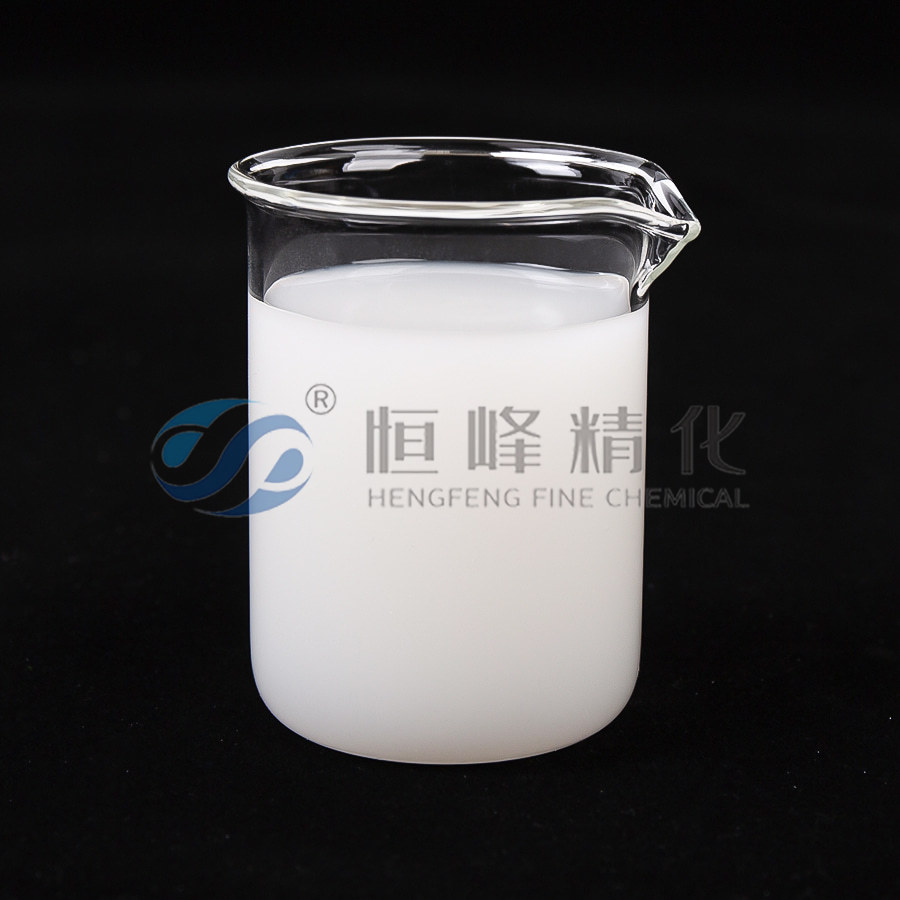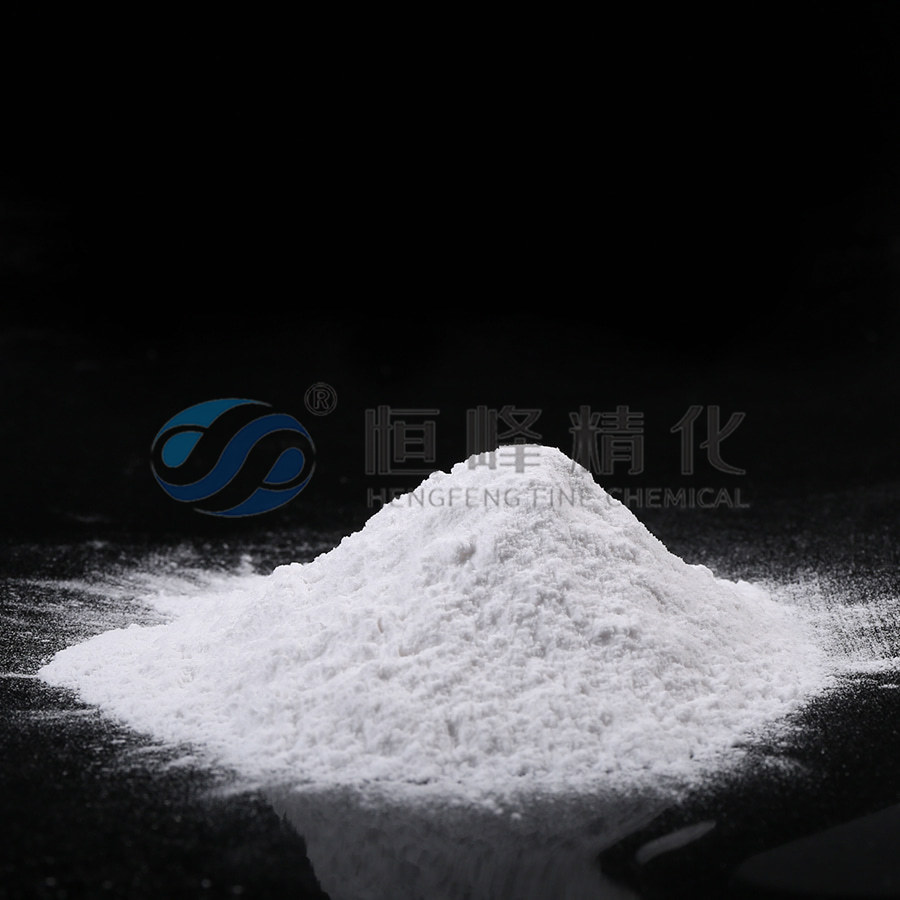Optimizing Mineral Processing: How to Select the Right Flocculant Based on Mineral Type and Processing Conditions
Selecting the right flocculant for mineral processing is a crucial decision that hinges on understanding the specific characteristics of the mineral being processed and the conditions under which the processing occurs. Flocculants are chemicals used to facilitate the separation of solid particles from liquids, enhancing the efficiency of mineral extraction and processing. The choice of flocculant is influenced by various factors, including the type of mineral, the physical and chemical properties of the ore, and the operational conditions of the processing plant.
First and foremost, the nature of the mineral and the type of ore being processed play a significant role in flocculant selection. Different minerals have varying surface charges, particle sizes, and reactivities, which can impact how well flocculants will perform. For instance, in processing fine particles or ores with high clay content, a flocculant with strong aggregation properties is required to form larger flocs that can be easily separated. On the other hand, for coarser ores, flocculants with a different balance of properties might be more appropriate. It’s essential to conduct thorough tests to determine how different flocculants interact with the specific mineral to achieve optimal results.

Processing conditions, such as pH levels, temperature, and the presence of other chemicals, also significantly affect flocculant performance. The pH of the slurry can alter the charge characteristics of the particles, which in turn influences the effectiveness of the flocculant. For instance, some flocculants are more effective in acidic conditions, while others perform better in alkaline environments. Temperature variations can impact the viscosity and solubility of flocculants, affecting their ability to function properly. Understanding these conditions helps in selecting a flocculant that maintains its performance across varying operational environments.
In addition to these factors, the efficiency of flocculants in the processing plant can be assessed by evaluating their impact on the quality of the clarified water and the amount of residual sludge. An effective flocculant will enhance the clarity of the water and reduce the volume of waste, contributing to a more sustainable and cost-effective operation. For example, our product, the “Mineral Processing Flocculant,” is designed with advanced formulations to provide exceptional flocculation performance across a range of minerals and processing conditions. This product not only improves separation efficiency but also supports better water treatment and pipeline sealing, making it a versatile choice for various applications.
Ultimately, selecting the right flocculant involves a balance between understanding the mineral characteristics, processing conditions, and the specific requirements of the operation. By carefully evaluating these factors and choosing a flocculant that aligns with the operational needs, mineral processors can achieve enhanced efficiency and better outcomes in their mineral processing operations.


 English
English Español
Español عربى
عربى Русский
Русский Tiếng Việt
Tiếng Việt




